Because this one word is so powerful, I’m curious to know, just how much impact perspective has on your performance at work.
To illustrate how perspective influences everyday business decisions and behaviors, try this exercise. Look at the picture that is with this article for 30 seconds and then scroll past it so it isn’t showing on your screen.
Next, take about one minute and make a list of everything that you remember from the picture.
What do you remember about the photo? Did you list how many devices were on the table? How about the number of people? Did you notice the pattern on the floor? Perhaps you noticed the smile on the faces of the women, or the way they seem to be sharing information. Did you noticed the brightness of the room and how the people at the table leaned into one another as though they are close friends? Everyone sees things uniquely within their own perspective.
One thing that influences perspective is personality type. To help us understand different personality types, Myers Briggs identifies 16 personality types each using a combination of four letters. For instance, if you noticed the details like how many computers were on the table, what patterns were on the shirts, or specific jewelry items worn, you are more likely a sensing individual. Based on the Myers Briggs assessment, a sensing “S” type takes in information in an analytical and detailed way. If you noticed the mood, the smiles, the brightness of the room, you are likely to use intuition “N” more often than relying entirely on data analysis to process information.
In a work environment, this has a huge impact. It demonstrates why two people look at the exact same situation and process the information entirely differently. Myers Briggs Type is only one example of why perspectives differ. Other factors such as culture, religious beliefs, and past experiences might also impact perspective.
Other factors such as culture, religious beliefs, and past experiences might also impact perspective.
Learning about perspective
Recently, a VP of Operations learned about perspective the hard way. A brilliant man with an exceptional track record, he was struggling with getting the best results from his team. When he visited branch offices for meetings to discuss goals and expectations, the meetings appeared to be going well. His team nodded in agreement, asked intelligent questions and even seemed to take notes on particular topics. My client left these meetings feeling motivated and believing that when he returned to corporate headquarters the team would move forward to implement his plans exactly as he believed he presented them.
Unfortunately, the results did not live up to his expectations. Although the team did move forward in implementing actions, those actions were not the actions my client was after.
The missing piece of the puzzle was perspective. As a Vice President, my client’s outlook on the situation was strategic, his thinking and the terminology he used came from his corporate perspective. The meetings he facilitated were too similar to meetings he might have led with the board of directors. Because they were not board members, their perspective was not corporate strategy. Although, they were aware that they are a part of a larger corporation, their day-to-day focus was necessarily local.
The participants entered the meeting with a local perspective in addition to their individual personalities and experiences. It was perfectly natural for them to unconsciously apply their own meaning (perspective) to the content of the meeting.
The participants entered the meeting with a local perspective in addition to their individual personalities and experiences. It was perfectly natural for them to unconsciously apply their own meaning (perspective) to the content of the meeting.
An Eye Opener
The fact that the participants did not achieve the results the Vice President had envisioned was not a case of insubordination. It was simply that they put their own perspective onto the words they heard at the meeting and they produced accordingly.
I invite you to keep perspective in mind as you communicate in the future. It is a very simple word but it is also a valuable tool for success and a key to enhanced leadership skills.
Cynthia Corsetti is an Executive Coach and Speaker. If you’d like to learn more on how her C.A.R.E. to Engage system can help you create an engaged workforce in your organization, you can email her at: [email protected]
PS..Jump on over and join my private facebook group called Free Yourself Be Yourself — It’s an uplifting and empowering party over there, and it’s about all things related to your career!


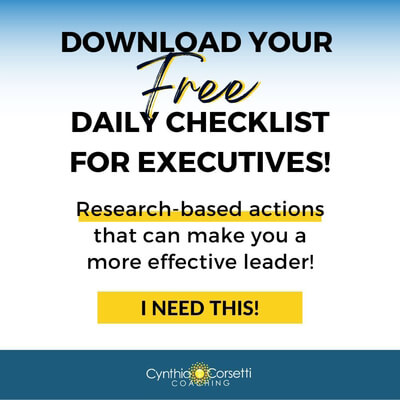
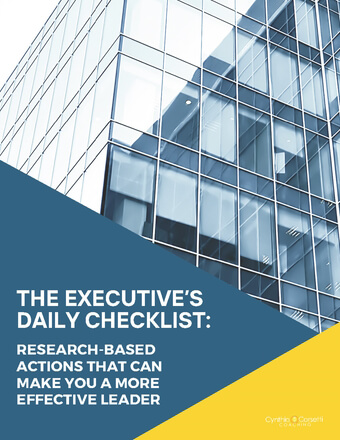



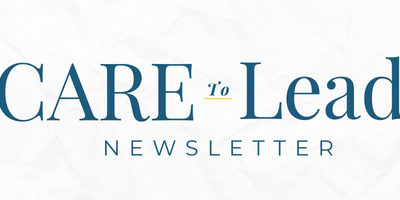
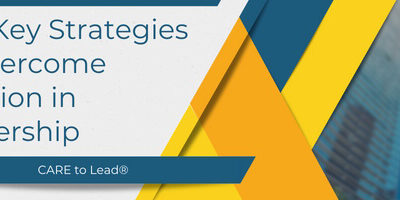
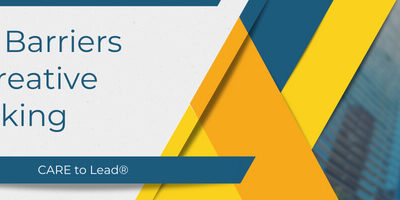
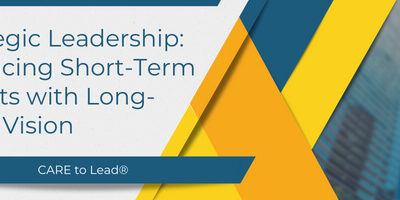
0 Comments